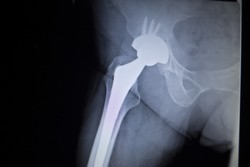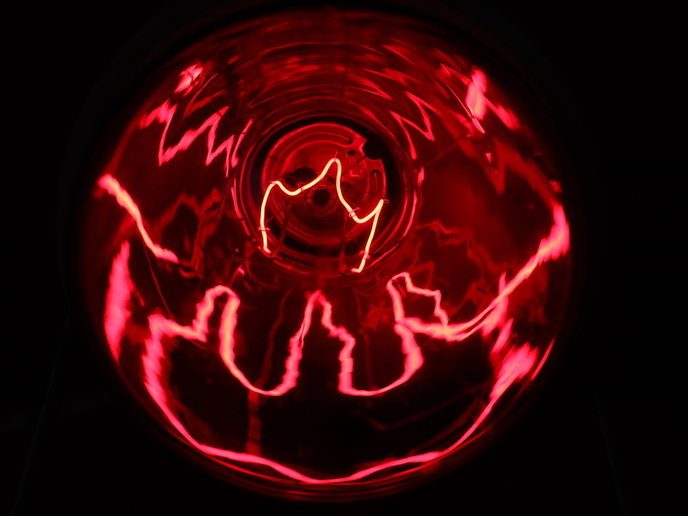Rapid development of improved medical implants
Bioresorbable implantsremove the need for a second surgical procedure for implant removal. Furthermore, agents such as antibacterial or antibiotic drugs can be added for controlled release at the site of implant. Taken together, these benefits significantly reduce the cost and trauma of treatment, while minimising the likelihood of complications. Currently, development times for new bioresorbable implants are lengthy. The process results in significant scrap levels of high-cost materials as quality control and reproducibility is an issue. The EU-funded BIO-POLYTEC (Enhanced process monitoring and control technology to accelerate development of bioresorbable polymeric medical devices) project developed advanced in-process monitoring technology to enhance reliability and quality, while reducing production costs and time. Scientists focused on the processing of polylactic acid (PLA) and the dispersion of bioactive calcium phosphate particles in it for orthopaedic implants. They investigated the effect of typical processing procedures, particularly extrusion, on all aspects of production. Monomer content and molecular weight are important indicators of polymer degradation, whereas polymer size is indicative of agglomeration, an important measure of dispersion. Researchers developed an NIR spectroscopy system to enable real-time monitoring and assessment of PLA molecular weight. Their newly developed UV-Vis spectroscopy system proved to be highly accurate in determining particle size and agglomeration when calcium phosphate is incorporated into PLA. The team manufactured and tested the equipment to interface the fibre-optic probes with the relevant process lines, and live process trials were conducted with in situ sensors. Significant process knowledge was generated as a result. Researchers also developed a high-speed process for medical grade PLA fibre production that was six times faster than the existing production rate for the Scaffdex RegJoint product. The BIO-POLYTEC systems allow 100 % continuous sampling unlike currently used quality assurance systems. Furthermore, this system can be used for other polymer systems too, further enhancing its applicability. The technology will significantly increase the competitiveness of Europe's medical device businesses in an industry that is largely dominated by United States companies. It will also speed the development of superior bioresorbable medical devices with important benefits for patients and the health care sector alike.







